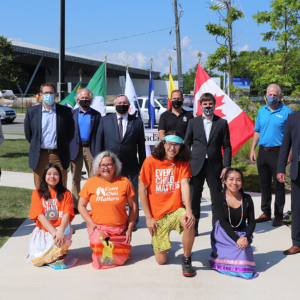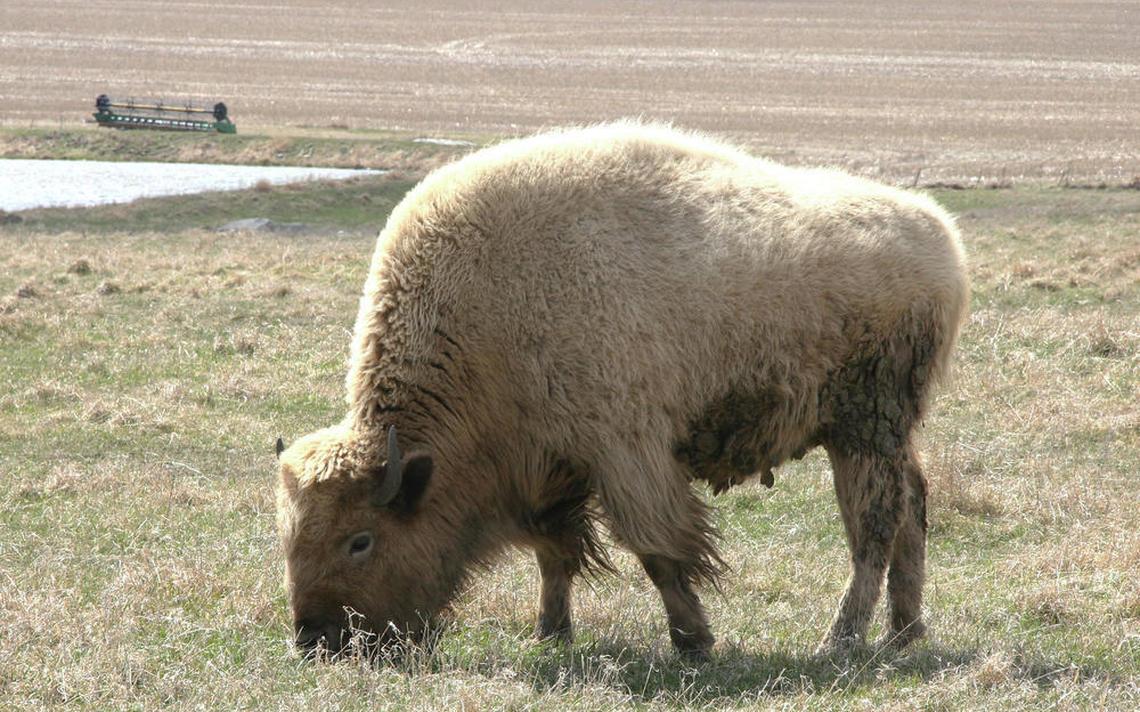OTTAWA – Bill C-10 passed a third reading in Parliament last Friday. Parliamentary Secretary to the Minister of Justice Bob Dechert presented the bill saying “organized crime” was central to “contraband” cigarettes.
During his presentation Dechert said, “What we have in Canada is a situation where illegal contraband tobacco products are sold to children in schoolyards”. He says this is a way of getting children hooked on nicotine, adding that gangsters will occasionally throw in a “marijuana cigarette” to get kids hooked on drugs.
MP Shelly Glover, Minister of Canadian Heritage and Official Languages also rose in Parliament and spoke dramatically about the dangers of “contraband” cigarettes saying that she fully expected Bill C-10 to save lives, save families and prevent the youth from being sold cigarettes that are “laced with ecstasy”.
Many members of parliament spoke about the risk to the lives of all Canadians coast to coast that “contraband” cigarettes raises. However during the reading they identified only 50 manufacturers located on Akwesasne, Kahnawake and Six Nations; three Haudenosaune First Nation communities restricted to the southeastern corner of Canada.
The controversial bill will amend Section 121 of the Criminal Code of Canada, making cigarettes produced on sovereign First Nations territory an act of “Frauds on the Government”. Interestingly, the debate continued to focus on Bill C-10 being about saving people from dying of lung cancer and rescuing Canadians from gangsters, yet not much discussion about lost tax revenue and why these seemingly dangerous and criminally minded people would be permitted to continue manufacturing cigarettes if they simply agreed to pay taxes on tobacco, which is a proposed subsection to the Bill under the Exise Act of 2001.
NDP MP Francoise Boivin spoke as a member of the Standing Committee of Justice and Human Rights who had looked at Bill C-10 after its second reading. Her observations were that the Bill was ready to be heard a third time in February but was mysteriously shelved. Now she says that there are 15 bills being quickly pushed through before the summer break.
Boivin commented “One has to wonder if that means that we are being more productive or less democratic because we will have less time to speak to these bills and fewer people will have the opportunity to speak on each topic. I think the answer is obvious.”
Boivin also addressed the pro C-10 push coming from the National Coalition Against Contraband Tobacco. She said, “I know that the National Coalition Against Contraband Tobacco is made up of many people who benefit from tobacco sales. I was not born yesterday, and I see where their interests lie. In their testimony, some police forces also told us that they will need resources. This is an extremely important message that came out of the committee’s examination of Bill C-10.”
Boivin also expressed disappointment that a proposed amendment to C-10, consideration regarding the Gladue case for mandatory sentencing of a First Nations person, was rejected by the federal government. Boivin said, “I am still sad that the government did not see fit to approve the amendment that we proposed to respect R. v. Gladue. That decision calls on the courts, when sentencing, to consider the extenuating circumstances of the accused when the accused is from the First Nations, especially considering that there are mandatory minimum sentences. That is the requirement that resulted from that decision, but according to lawyers at Justice Canada, Bill C-10 will take precedence over R. v. Gladue.”
Boivin also stated that it is “of the utmost importance” that governments consult with First Nations before C-10 is made law. She said, “First Nations and the government need to discuss it as equals. The government did not have the decency to do that before it introduced the bill.”
The third reading was passed by all members of parliament with no official opposition, however much criticism was heard that the First Nations communities of Kahnawake, Akwesasne and Six Nations were not properly consulted or invited to participate in it’s creation.








I am non native, my brother in law is a warrior. I helped produce cigarettes I knew the product and this marijuana and drug claims are falsifications as the government only cares about money…when the time comes and my brother in laws or any that he is called upon will stand up for what is rightfully yours.
I find it extremely interesting to learn the bill “was passed by ALL members of parliament with NO official opposition,” To all of you who voted Liberal or NDP, I’m NOT condemning you, but what does that tell you about who you voted for? Then one has to ask: why is news of this bill non-existent in mainstream media?
It truly IS hypocritical that they insist it will be just fine with them if we do indeed pay provincial tax. Where is their concern for the negative effect it will have on the general health and welfare of Canadians across the country? Why….there IS no concern for Ontarians’ or Canadians’ health as long as the taxes are paid.
Last, when the crap hits the fan, and it will when the raids begin, how will the majority government of Kathleen Wynne react in dealing with it? We’re in for some very interesting times as it looks like they’re going to attempt to have their way with us and we had better be extremely well prepared. And don’t call me a fear-monger. It is THEY who are such. Of course, as many would like to see, we could just cave in and allow them to have their way. What’s it gonna be SIX?
they going to target our economy we target theirs…like to know where they get some of the bs they said..drugs in smokes? really? they just pissed cause they dont get a slice of the pie